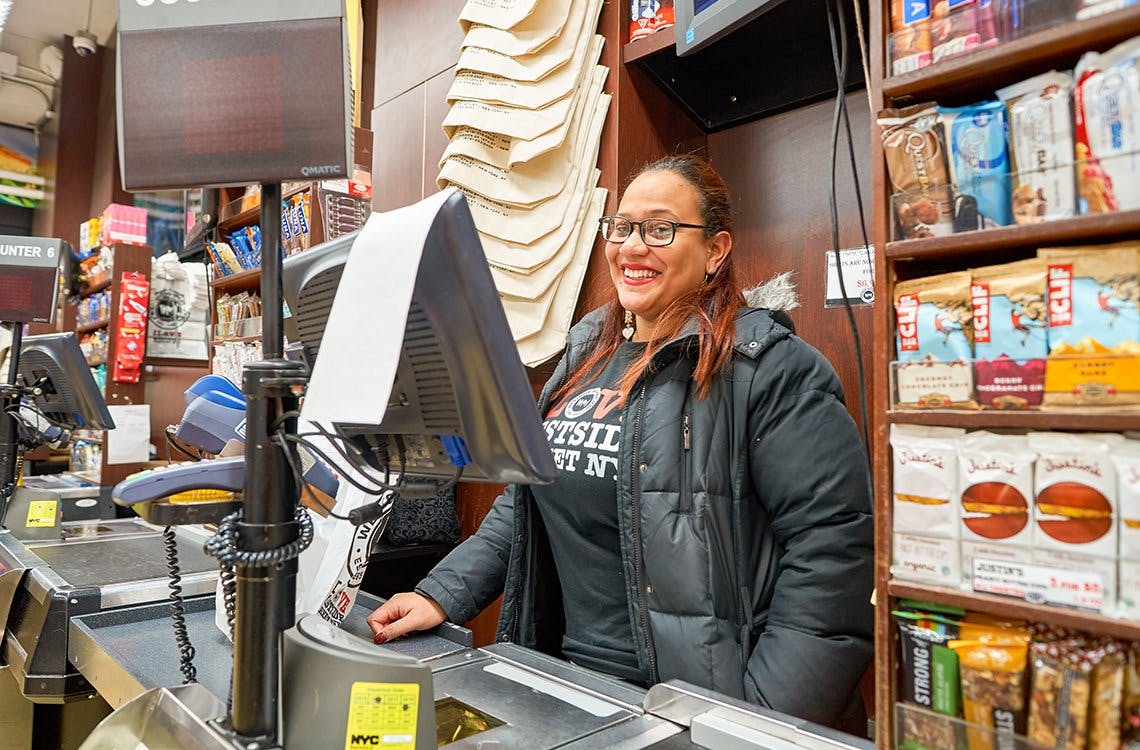
Is Cash Out in the Big Apple?
New York has flirted with cashless policies, with many businesses incentivising digital payments and some going so far as to ban cash payments. Pro-cash legislation is poised to push back against these, but what does the future hold for transactions in the Big Apple?
As America’s most populous state, New York is a diverse place, and one aspect of this is a poverty rate nearly six percent higher than the national rate of 11.6 percent. Not unrelated to this, around 360,000 households in New York City lack bank accounts, representing 11.2 percent of all households. Again, this is a considerably higher proportion than the national figure of 6.5 percent. For these people, the easiest way to pay is cash, with other options—such as prepaid cards or cheque cashing services—often coming with their own complications.
Weighing in on the other side is tourism, with some arguing cashless payments are more convenient and desirable for visitors than carrying cash. Given cash payments provide more overall revenue to a merchant, and are more conducive to tipping, the obvious solution is providing both digital and cash payment options. Most will agree more choices are preferable to fewer.
Similarly, most benefits offered by cashless transactions come with corresponding downsides. Lower crime rates because there’s no tangible currency to steal versus rising rates of financial cybercrime. Less money laundering thanks to the digital ‘paper trail’ versus a lack of anonymity and privacy thanks to the digital ‘paper trail’. No need to carry physical cash around versus being unable to pay for anything in the event of an internet outage or power cut.
At present, cashless policies would prove discriminatory, moving goods and services out of reach of the unbanked and those with a strong preference for cash. With the immediate economic future one of uncertainty, in which more people may become unbanked, now is certainly not the time to make New York a cashless economy.
In line with this thinking, the Committee on Consumer Affairs and Business Licensing agreed a law earlier this year prohibiting food stores and retail establishments from refusing to accept cash. It also prohibits establishments from charging cash-paying customers higher prices than those using cashless methods, with penalties of up to $1,000 for the first violation and up to $1,500 for each subsequent violation.
Looking farther ahead, we can aspire to ensuring everyone has access to banking services, but the many advantages offered by cash—ease of use and budgeting, privacy, tangibility and more—will remain. Let’s hope the future is a place of choices for all.
